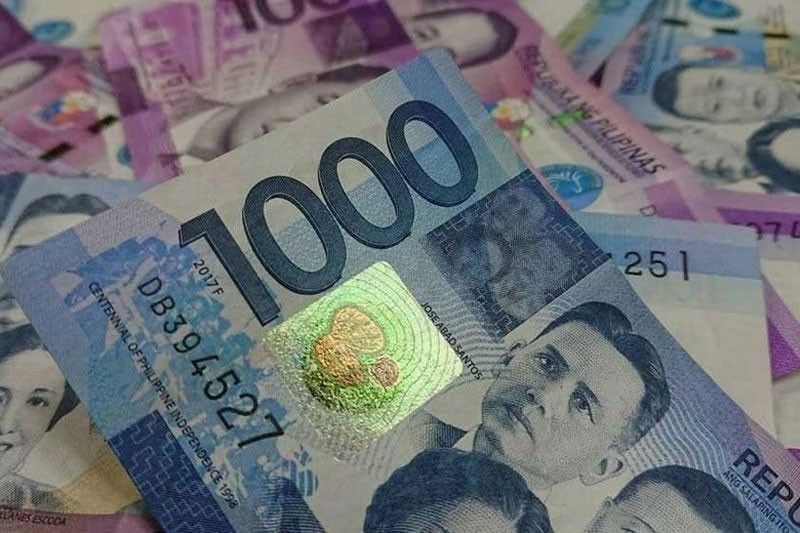National savings decline 28% to P4.43 trillion

MANILA, Philippines — The country’s total savings last year dropped to P4.43 trillion as consumers and businesses were forced to tap their kept resources to survive the pandemic.
Latest data from the Philippine Statistics Authority (PSA) showed that gross savings in 2020 declined 28 percent from the 2019 level of P6.15 trillion.
Non-financial corporations contributed the biggest chunk of savings at P3.8 trillion, followed by financial corporations at P1.43 trillion. Households savings, on the other hand, accounted for P210 billion.
On the other hand, the government recorded a dissaving of P1.01 trillion last year.
Rizal Commercial Banking Corp. chief economist Michael Ricafort explained that the reduction in savings was largely due to the adverse economic effects of the pandemic.
The imposition of lockdown measures since last year led to the closure of thousands of businesses, leading to the unemployment of millions of Filipinos.
“The most adversely affected businesses, households and individuals had to tap more of their savings to weather and deal with lost income and livelihoods,” Ricafort said.
He added that hard-hit businesses continued to pay overhead costs despite reduction in revenues, while repatriated overseas Filipino workers and locally laid-off workers dipping into their savings until they found employment again.
ING Bank senior economist Nicholas Mapa, for his part, said incomes were lost or reduced, with overall compensation to employees falling by 6.9 percent for the year, while household spending fell by 5.7 percent.
The recession also hit investment outlays, which plunged 40 percent as households and firms held back on making expansion plans as they conserved cash and tightened their belts.
“Subdued economic activity has definitely forced Filipinos to tighten their belts while also dipping deeper into their savings just to make ends meet,” Mapa said.
Among the factors of production, the PSA said gross operating surplus continued to record the highest contribution at 58.4 percent, followed by compensation of employees at 34.9 percent and taxes less subsidies on production and imports at 6.7 percent.
Last year, the country’s gross national disposable income was valued at P20.65 trillion, down 9.7 percent.
Further, Mapa said the substantial hit on Filipinos’ savings coupled with the weak recovery of the labor market suggests that the economic recovery will be a protracted and bumpy one.
“The rip-roaring pace of household consumption will not likely return soon as households and firms rebuild their depleted savings and cut back on spending amid the recovery,” Mapa said.
“Firms will also likely be holding on to cash in the near term even as the economic recovery takes hold as they await the full recovery of the once vaunted Filipino consumer,” he said.
Ricafort emphasized that measures to further reopen the economy, justified by reduction in COVID-19 cases and arrival of more vaccines, would hopefully lead to some pick up in production, sales and income, and help savings to pick up as well.
- Latest
- Trending


























